Meditation is not about calming down.
It’s not about clearing your mind. It is not about disconnecting from the world. It is not about relaxing.
It is a practice of just BEING with whatever IS…right now.
Right now is a particularly difficult time to be with what is. Things are scary, overwhelming, downright traumatizing.
So meditation right now is about learning to be with the chaos, sit with the fear, breathe through the uncertainty. Not focusing on making it better or necessarily on feeling better but learning how to feel better. It’s a practice that supports you in learning to tolerate discomfort. It’s a practice of noticing distractions, stressful thoughts, tension in your body, and staying present despite it all.
THIS IS NOT EASY.
I have been meditating almost daily for about 5 years now, and daily for all of 2020. And let me tell you…it is still hard. I still get distracted. I still want to run away internally from discomfort. But you know what? When tension arises in a relationship, or when I get frustrated in traffic, or when a friend is feeling pain…I am way more able to stay present and respond in line with my values. I am less likely to pop off and yell at my husband. I’m less likely to flip the bird at the car tailgating me. I am wayyyy more able to remain calm and regulated when my friend is crying.
It also changes my relationship with myself. Because I meditation when I’m anxious, depressed, angry and fearful, I know what that feels like in my body. I am learning to recognize what those thoughts sound like, and the subtle precursors to emotional changes. This is helpful in preventing deep depressive episodes. It helps me recognize my anxiety earlier and take action to soothe myself. Meditation allows space to get curious about my internal experience, rather than judging, which lets me take more effective action when I need to take care of myself.
In short, meditation helps me get comfortably uncomfortable with pain and discomfort, so that I can sit with it without running away.
Meditation is legit one of the cornerstone skills of my well-being.
I’m not saying it’s the answer to everything, because it certainly isn’t. But it is in my top 5 list of skills to support mental health. (If you’re curious, the others are: exercise/movement, getting good sleep, getting enough nutrition, spending time with other humans.)
Because world events are so scary right now, I find myself valuing my meditation practice more. It’s supporting me in being able to stay present and within my window of tolerance (maybe just for a few more minutes a day) during this trauma.
Again, this isn’t about being calm. It’s about learning to sit with discomfort.
One of my favorite ways to practice this while meditation is with ITCHINESS.
My nose itches.
My back itches.
My head itches.
Don’t scratch. (I know.)
Watch the itch arise, intensify, and fall away. Sit with it and notice how you can actually tolerate how itchy it is. How it goes away. Or you get distracted by a thought and by the time you remember you were itchy, it’s gone, or somewhere else. Notice how things change.
This is how you operationalize “sitting with discomfort”. You find a way to practice. Meditation is a great field for this.
So I recorded a few meditations for you.
The first is a general mindfulness meditation. This can be done sitting, laying down, walking, moving. Eyes open or closed. Modify the practice as needed to suit you.
The second is a meditation to help you connect with your body. Again, modify as needed.
Click here to get these meditations!
I hope these can support you somehow during this time. Take care of yourself. I’m here with ya.
-Toni

